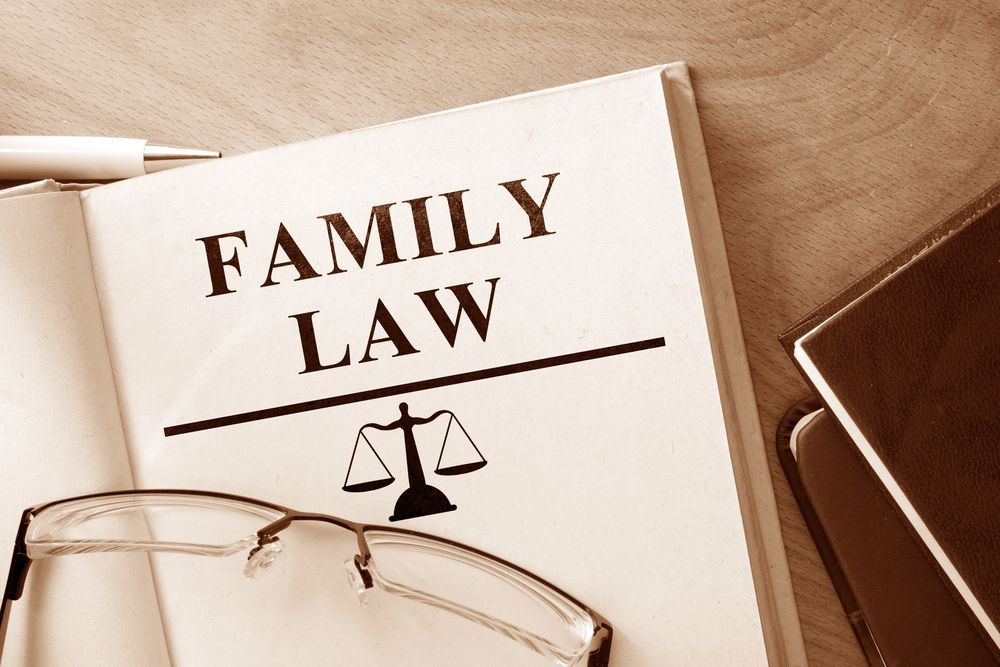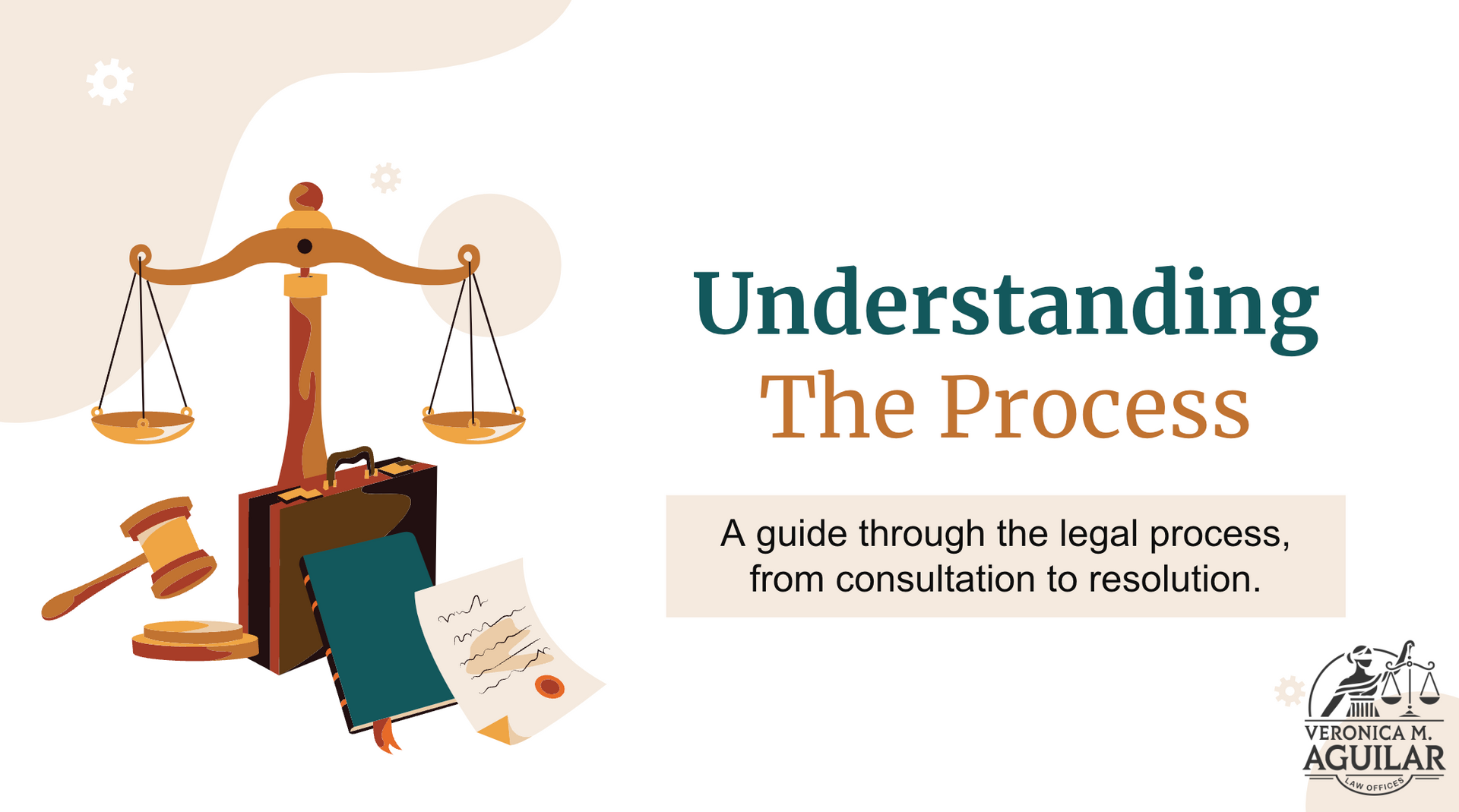How to Prepare for a Civil Lawsuit | Veronica M. Aguilar Law Offices
Facing a civil lawsuit can be intimidating and confusing, especially if you’ve never been involved in one before. Whether you're the plaintiff or the defendant, being prepared is crucial. This guide aims to simplify the process and help you navigate your way through the maze of legal procedures and requirements.
The first step in preparing for a civil lawsuit is to understand what it entails. Civil lawsuits involve disputes between individuals or entities where one party believes they have been wronged by the other. This is different from criminal cases, which involve actions that are against the laws of the state or federal government. Knowing these differences can help you understand what to expect and how to properly prepare.
Once you have a basic understanding of what a civil lawsuit is, the next steps involve gathering necessary documents and evidence. This includes anything that can support your case, such as contracts, emails, and photographs. Being organized and having this information readily available can make a significant difference in how smoothly your case proceeds. Seeking advice from a legal expert early on is also essential, as they can guide you through the complexities of the legal system and help you build a strong case.
Preparing for court appearances involves not just having the right documents but also knowing how to present yourself. How you dress and act in court can impact the judge’s perception of you and your case. Knowing what to expect during the court proceedings can help reduce anxiety and allow you to focus on presenting your case effectively.
Navigating a civil lawsuit might seem daunting, but with the right knowledge and preparation, you can approach it with confidence.
Understanding the Basics of a Civil Lawsuit
A civil lawsuit begins when one party, known as the plaintiff, files a complaint against another party, known as the defendant. The plaintiff usually claims that the defendant has caused them some form of harm, whether it’s financial, physical, or emotional. Civil lawsuits can cover a wide range of issues, such as personal injury, breach of contract, or property disputes.
The primary goal of a civil lawsuit is to resolve the dispute and, if appropriate, award damages to the injured party. This differs significantly from a criminal case, where the focus is on punishing the offender for breaking the law. In a civil lawsuit, the plaintiff seeks compensation or some form of remedy, while in a criminal case, the state aims to impose penalties like fines or imprisonment.
Understanding these differences helps in preparing for what lies ahead. Civil cases typically involve processes like discovery, where both parties exchange evidence and information. The case may go to trial if no settlement is reached, but many civil disputes are resolved without ever seeing the inside of a courtroom. Knowing these basics helps demystify the procedure and sets the stage for more detailed preparation.
Gathering Necessary Documents and Evidence
When preparing for a civil lawsuit, gathering and organizing your documents is a crucial step. Essential documents can include contracts, emails, text messages, photographs, and receipts. Any paperwork that can support your claims or refute the other party’s allegations will be valuable in building your case.
Here is a list of essential documents to collect:
1. Contracts and Agreements: These can include rental agreements, employment contracts, or service agreements.
2. Emails and Correspondence: Any communication that relates to the dispute.
3. Financial Records: Bank statements, invoices, and receipts that show expenses or losses.
4. Medical Records: If the lawsuit involves personal injury, gather all relevant medical records and bills.
5. Photographs and Videos: Visual evidence of damages or injuries.
6. Witness Statements: Any written statements from people who can support your case.
Once you have collected your documents, organizing and preserving them is key. Create a digital folder and backup copies of everything. Label each document clearly so you can find them easily when needed. It’s also a good idea to keep a timeline of events that correspond to your gathered evidence. This will help you present a coherent and organized case if you end up in court.
Proper documentation and evidence preservation can make a significant difference in the outcome of your lawsuit. By being meticulous and thorough, you put yourself in a stronger position to seek justice and resolution.
Consulting with Legal Experts
Seeking legal advice early in your civil lawsuit journey is crucial. Legal experts can provide valuable insights and help you navigate the complexities of the legal system. The sooner you consult with a lawyer, the better prepared you’ll be to handle your case. Lawyers can help you understand your rights, the strength of your case, and the best strategies to pursue.
When consulting with a lawyer, it’s important to ask the right questions to get the most out of your meeting.
Here are some questions to consider:
1. What is your experience with cases like mine?
This helps you understand if the lawyer has the relevant expertise.
2. What are the potential outcomes of my case? This will give you an idea of what to expect.
3. What are the costs involved? Understanding the financial aspect is crucial for planning and budgeting.
4. What is the timeline for resolving my case? Knowing the estimated duration helps manage expectations.
5. What documents and evidence do I need to gather? This ensures you are fully prepared with all necessary materials.
By asking these questions, you can gauge the lawyer’s suitability for your case and gain a clearer understanding of the steps involved. Early legal consultation can significantly influence the direction and outcome of your lawsuit, making it a critical component of your preparation.
Preparing for Court Appearances
Preparing for court appearances involves more than just having the right documents. How you present yourself can impact the judge’s perception of you and your case. It’s important to dress appropriately and behave respectfully to create a positive impression.
Here are some tips on how to dress and behave in court:
1. Dress Neatly: Wear clean, conservative clothes. A suit or business attire is usually appropriate.
2. Be On Time: Arrive early to familiarize yourself with the courtroom setting and avoid any delays.
3. Be Respectful: Address the judge as “Your Honor” and be polite to everyone in the courtroom.
4. Stay Calm: Keep your emotions in check and avoid interrupting others while they speak.
5. Be Prepared: Have all your documents organized and readily accessible.
Understanding what to expect during the court proceedings can also ease anxiety. Typically, court appearances involve several stages such as motions, hearings, and possibly a trial. Your lawyer will present arguments and evidence, and there may be opportunities for you to speak. Knowing the flow of events can help you stay calm and focused.
By being well-prepared and conducting yourself appropriately, you make a strong impression and demonstrate your commitment to resolving the case.
Final Thoughts
Preparing for a civil lawsuit can seem overwhelming, but breaking down the process into manageable steps makes it less daunting. From understanding the basics of a civil lawsuit to gathering essential documents and consulting with legal experts, each step is crucial for building a strong case. Preparing for court appearances by dressing appropriately and knowing what to expect can also positively impact your experience and the outcome.
Each part of the preparation process plays a significant role in your overall readiness and confidence. By focusing on every detail and working with legal professionals, you set yourself up for the best possible outcome. Remember, the goal is to present your case clearly and convincingly to achieve a fair resolution.
If you’re facing a civil lawsuit and need legal guidance, Veronica M. Aguilar Law Offices is here to help. Contact our
civil litigation attorney in San Diego today to ensure you’re fully prepared and supported throughout your legal journey.












